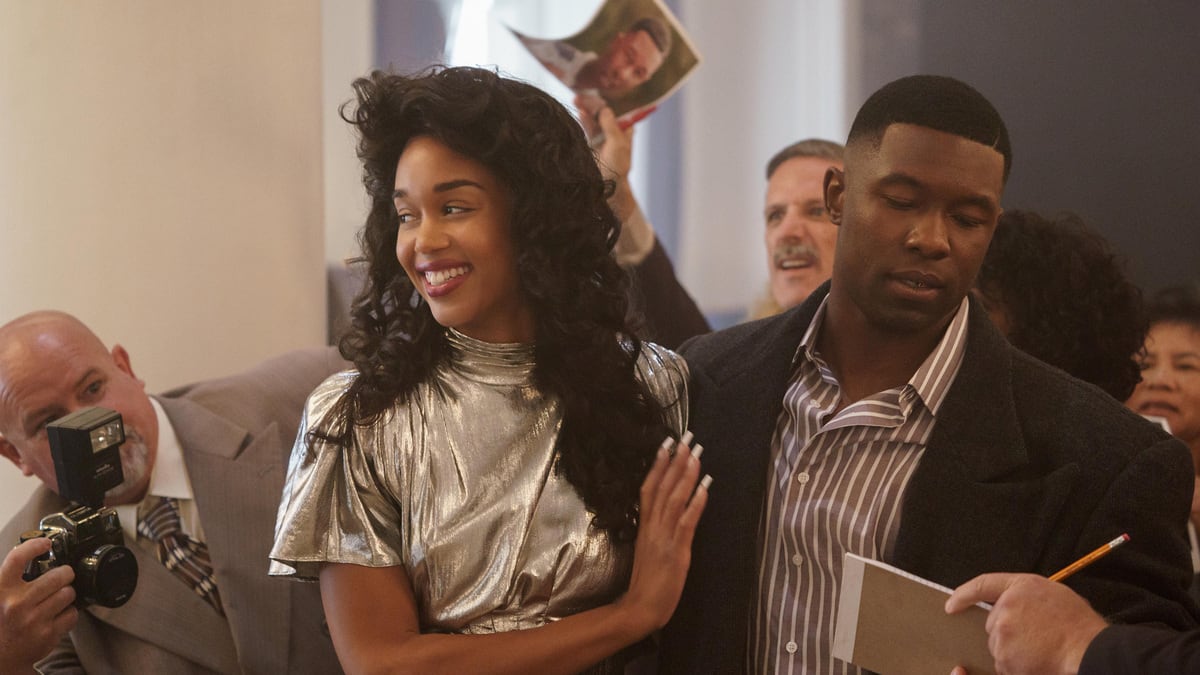In the weeks leading up to the premiere of Mike, the new Hulu limited series based upon Mike Tyson’s life, the heavyweight boxing champion took
‘Mike’ Helps Tyson Keep the Women He Abused in the Shadows
SHAMEFUL
The Hulu docudrama offers the infamous boxer pathos. But for the women whose traumas become part of the story, the show offers no such grace.

Trending Now





